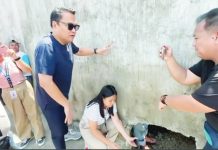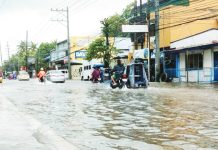
IN THE shadows of rapid technological advancements and the global expansion of internet accessibility lies a forbidding reality: a staggering increase in online sexual abuse cases. Recent reports indicate a 300% surge in such crimes – a dark side of connectivity where innocence is not spared.
In a recent visit to Iloilo, the Special Envoy of the President to UNICEF, Monica Prieto-Teodoro, emphasized community vigilance in combating child abuse and violence. We must escalate our efforts in safeguarding our children by reinforcing collaboration among government agencies, non-government organizations, and the community at large.
Child abuse might seem minor to some but leaves a profound trauma for the victims, particularly when prolonged and unaddressed. The involvement of family members and the easy money from these heinous acts often leave the victims coerced and voiceless. Thus, it becomes important for each of us to be observant, proactive, and supportive in our respective communities.
Reporting suspected cases of abuse does not just end at fulfilling a civic duty; it paves the way for healing and reintegration of the victims into society. The Department of Social Welfare and Development, along with other organizations, has huge roles in this process. However, their efforts can only go so far without the eyes, ears, and voices of the community lending strength and support.
The potential repercussions of neglecting such duties are dire. When victims do not receive appropriate care and intervention, the cycle of abuse may perpetuate, leading to further societal harm.
It is important for us as individuals to step up. Whether it’s through supporting local child protection initiatives, volunteering at organizations addressing child abuse, or simply being vigilant and ready to report suspicious activities, every action counts to fortify our defenses, protect the vulnerable, and ensure a safe and nurturing environment for all children.







